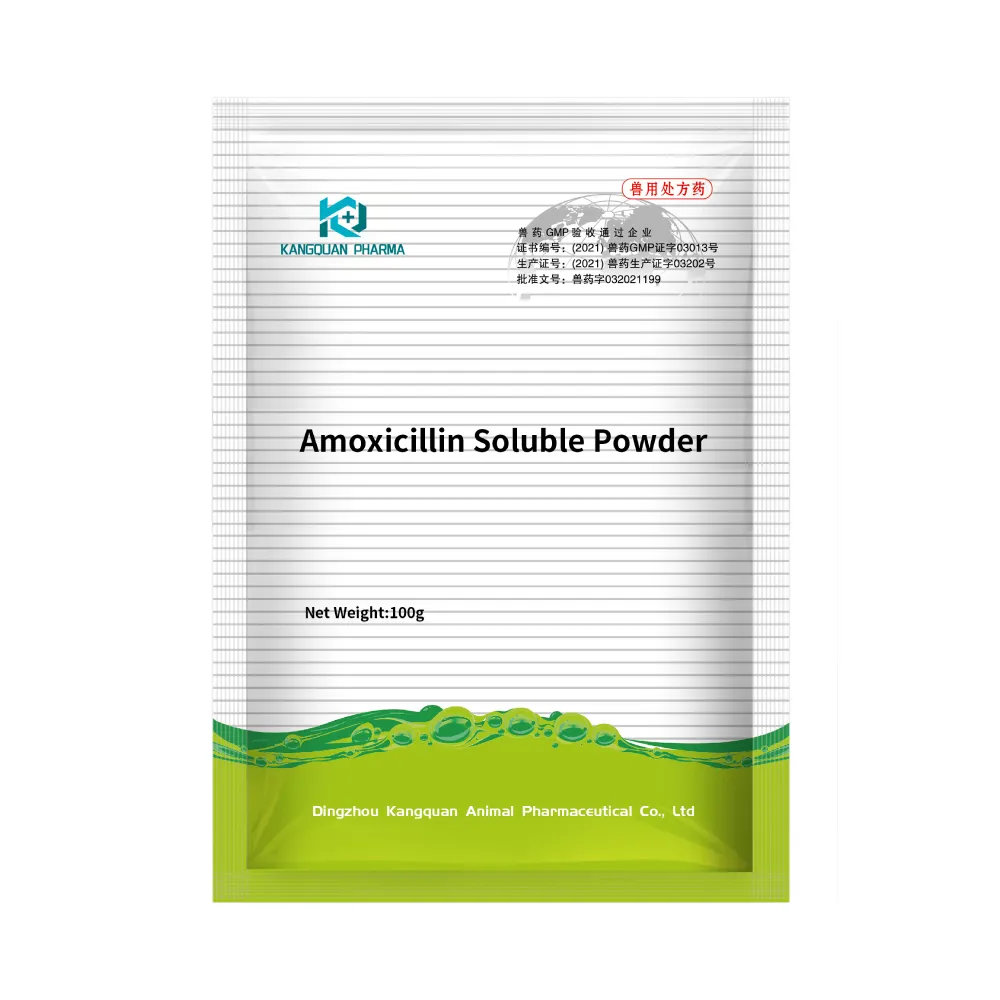- Afrikaans
- Albanian
- Amharic
- Arabic
- Armenian
- Azerbaijani
- Basque
- Belarusian
- Bengali
- Bosnian
- Bulgarian
- Catalan
- Cebuano
- Corsican
- Croatian
- Czech
- Danish
- Dutch
- English
- Esperanto
- Estonian
- Finnish
- French
- Frisian
- Galician
- Georgian
- German
- Greek
- Gujarati
- Haitian Creole
- hausa
- hawaiian
- Hebrew
- Hindi
- Miao
- Hungarian
- Icelandic
- igbo
- Indonesian
- irish
- Italian
- Japanese
- Javanese
- Kannada
- kazakh
- Khmer
- Rwandese
- Korean
- Kurdish
- Kyrgyz
- Lao
- Latin
- Latvian
- Lithuanian
- Luxembourgish
- Macedonian
- Malgashi
- Malay
- Malayalam
- Maltese
- Maori
- Marathi
- Mongolian
- Myanmar
- Nepali
- Norwegian
- Norwegian
- Occitan
- Pashto
- Persian
- Polish
- Portuguese
- Punjabi
- Romanian
- Russian
- Samoan
- Scottish Gaelic
- Serbian
- Sesotho
- Shona
- Sindhi
- Sinhala
- Slovak
- Slovenian
- Somali
- Spanish
- Sundanese
- Swahili
- Swedish
- Tagalog
- Tajik
- Tamil
- Tatar
- Telugu
- Thai
- Turkish
- Turkmen
- Ukrainian
- Urdu
- Uighur
- Uzbek
- Vietnamese
- Welsh
- Bantu
- Yiddish
- Yoruba
- Zulu
9 月 . 16, 2024 03:37 Back to list
gentamicin gentamicin sulfate
Gentamicin Sulfate An Overview
Gentamicin sulfate is an antibiotic that belongs to the aminoglycoside class of medications. It is primarily used to treat a variety of bacterial infections, particularly those caused by Gram-negative bacteria. Gentamicin works by inhibiting bacterial protein synthesis, leading to the death of the bacteria. This makes it an invaluable tool in the fight against infections, especially in hospital settings where antibiotic resistance can be an issue.
Gentamicin Sulfate An Overview
Gentamicin sulfate is typically administered via injection or intravenously, as it is not well absorbed from the gastrointestinal tract. The dosage and duration of treatment vary depending on the infection being treated, the patient’s weight, and kidney function, as gentamicin is primarily excreted unchanged by the kidneys. Therefore, monitoring kidney function is crucial during treatment to avoid potential toxicity.
gentamicin gentamicin sulfate

Like all medications, gentamicin sulfate has potential side effects. The most significant risks associated with its use include nephrotoxicity (kidney damage) and ototoxicity (ear damage), which can lead to hearing loss or balance issues. Patients receiving gentamicin are often closely monitored through blood tests to assess drug levels and kidney function to minimize these risks. Despite these potential side effects, the benefits of treating severe infections with gentamicin often outweigh the risks.
Gentamicin’s role has expanded over the years, and it continues to be used in various medical settings, including neonatal intensive care units. It is often one of the first-line treatments for neonatal sepsis, a life-threatening condition in newborns that can be caused by various bacteria. In these cases, the timely administration of gentamicin can be a critical factor in ensuring positive patient outcomes.
Healthcare providers must remain vigilant regarding the development of antibiotic resistance, as overuse and misuse of antibiotics can lead to strains of bacteria that are resistant to gentamicin. This highlights the importance of using gentamicin judiciously and only when necessary.
In conclusion, gentamicin sulfate is a powerful antibiotic with a vital role in treating serious bacterial infections. Its effectiveness, combined with a careful approach to monitoring and administration, makes it an essential tool in modern medicine. As we continue to grapple with the challenge of antibiotic resistance, it remains crucial to utilize such medications responsibly, ensuring that they continue to work effectively against the infections they are meant to combat.
-
The Power of Radix Isatidis Extract for Your Health and Wellness
NewsOct.29,2024
-
Neomycin Sulfate Soluble Powder: A Versatile Solution for Pet Health
NewsOct.29,2024
-
Lincomycin Hydrochloride Soluble Powder – The Essential Solution
NewsOct.29,2024
-
Garamycin Gentamicin Sulfate for Effective Infection Control
NewsOct.29,2024
-
Doxycycline Hyclate Soluble Powder: Your Antibiotic Needs
NewsOct.29,2024
-
Tilmicosin Premix: The Ultimate Solution for Poultry Health
NewsOct.29,2024













